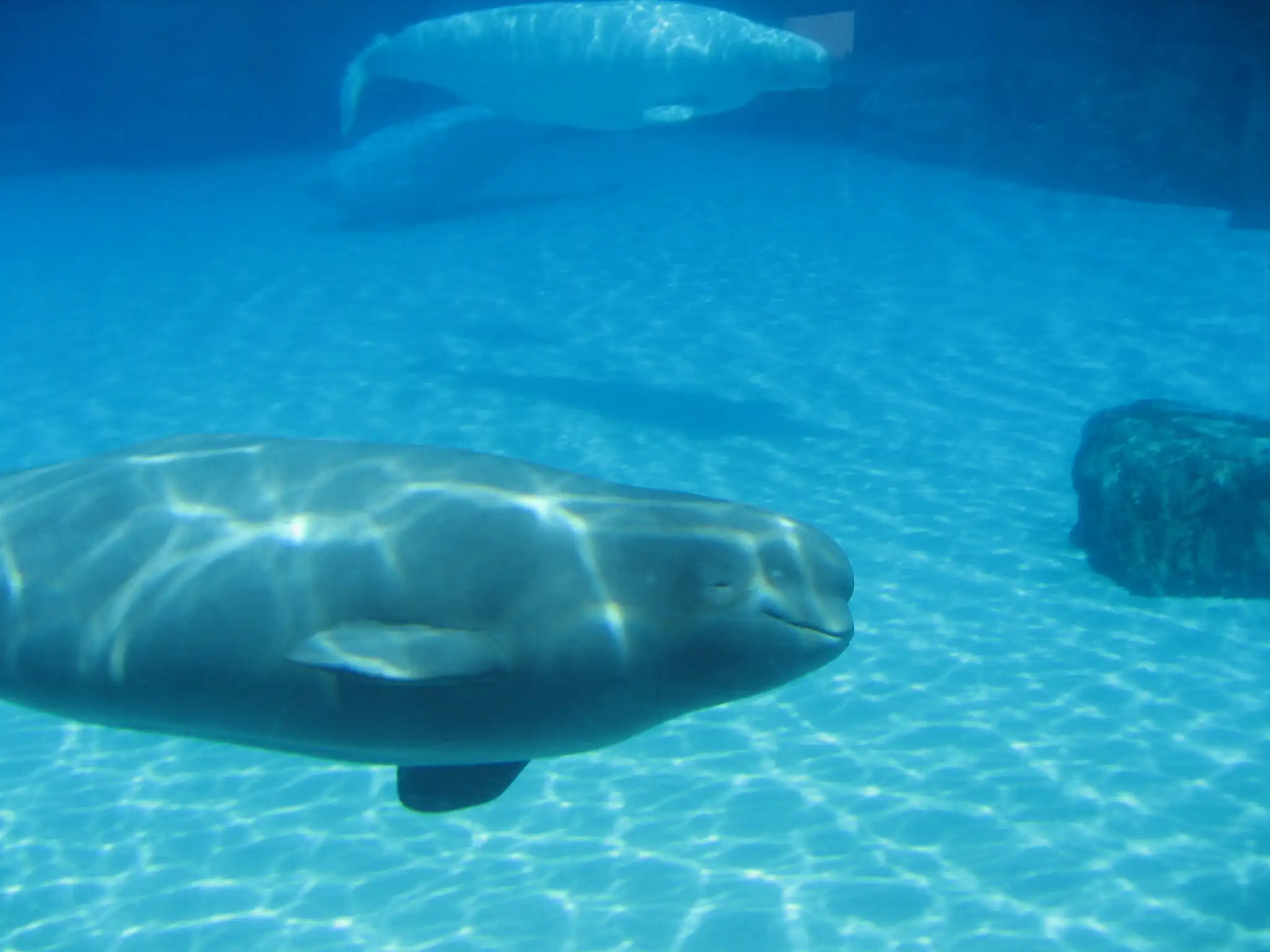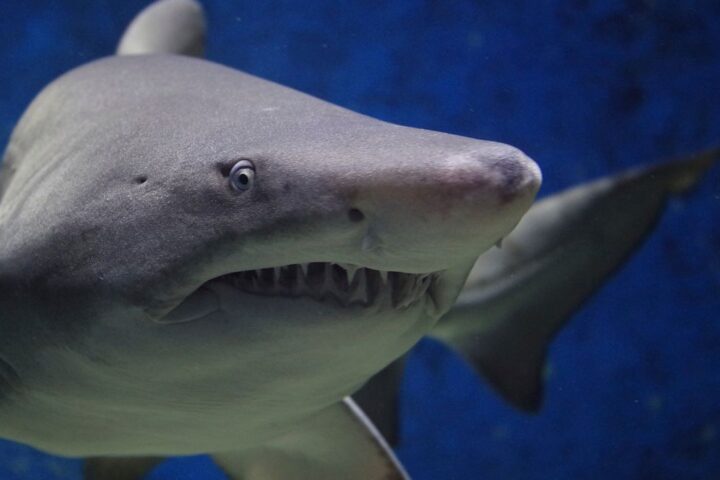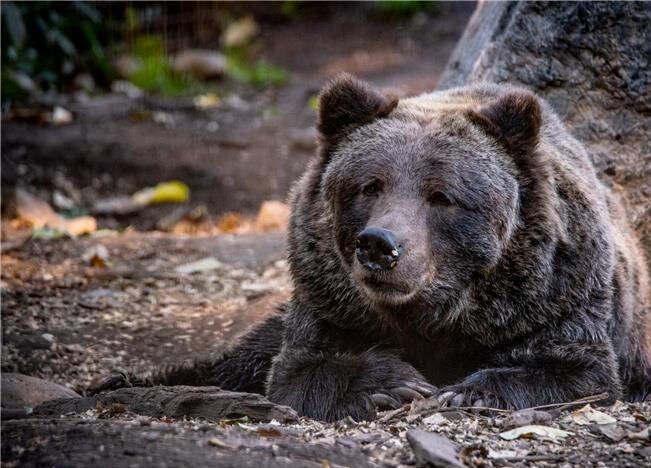
30 Belugas Face Euthanasia as Canada Blocks Marineland China Export—20 Already Dead Since 2019
Minister says “whales belong in ocean” after denying Marineland’s China export for 30 belugas. Park warns without permits, bankruptcy is inevitable and whales face euthanasia or government custody.
On October 1, 2025, Canada made a decision that will determine the future of the country’s last captive whales. Fisheries and Oceans Canada denied Marineland’s request to export 30 beluga whales to China’s Chimelong Ocean Kingdom, leaving these marine mammals in limbo at the closed Niagara Falls theme park.
Federal Fisheries Minister Joanne Thompson stated she could not “in good conscience” approve an export that would return the belugas to entertainment shows. The decision aligns with Canada’s 2019 Ending the Captivity of Whales and Dolphins Act, which banned breeding, entertainment performances, and new captivity of cetaceans. Thompson personally visited Marineland on September 25, where she observed the belugas and concluded that “whales belong in the ocean.”
The situation has become critical. Twenty marine mammals have died at Marineland since 2019, including 19 belugas and one killer whale. Ontario’s Ministry of the Solicitor General has conducted over 200 inspection visits since 2020, issuing 33 compliance orders focused on water quality, system maintenance, and enclosure conditions. In 2021, the province declared all marine mammals at Marineland in distress due to poor water quality.
With Marineland closed since September 2024 and facing mounting costs of $1 million monthly to feed the whales, the park warns that bankruptcy is imminent without the export permits. In a letter to Minister Thompson, Marineland indicated that without the ability to relocate the belugas, the animals face either government custody or euthanasia. The fate of Canada’s last captive whales now rests on finding viable alternatives, including the long-stalled Whale Sanctuary Project in Nova Scotia.
The Numbers Tell the Story
Critical statistics surrounding Marineland’s remaining marine mammals
Timeline of Events
Key developments in the Marineland controversy
Where Are They Now?
Explore the locations central to the beluga whale debate
Loading interactive map…
Three Paths Forward
Examining the options for Canada’s remaining captive belugas
The denial of export permits leaves Canada at a crossroads. Ontario Premier Doug Ford has pledged to ensure the whales have “the best life possible,” while animal welfare advocates call for accelerated action on the Whale Sanctuary Project in Nova Scotia. This $20 million initiative has faced years of delays due to regulatory challenges and the need for unanimous landowner consent near Wine Harbour.
Minister Thompson indicated openness to reviewing future permit applications centered on whale welfare, stating she would welcome seeing the belugas in a sanctuary environment. However, she emphasized that immediate next steps rest with Marineland and the provincial government. With four outstanding compliance orders from Ontario’s Ministry of the Solicitor General, the park faces mounting pressure to resolve water quality issues and improve animal care standards.
The broader implications extend beyond Marineland. Canada’s endangered killer whales and Alaska’s threatened Cook Inlet belugas demonstrate that wild populations face their own survival challenges. Meanwhile, Mexico’s recent ban on captive dolphin shows reflects a global shift away from marine mammal entertainment.
Former Marineland trainer Phil Demers, now an outspoken critic, remains hopeful that the denied export “opens new opportunities for consideration” and that a quick solution can be found. Animal Justice executive director Camille Labchuk praised the federal decision, noting that Chimelong’s breeding programs and performance shows are activities now illegal in Canada. The organization joins World Animal Protection in calling for Ontario to demonstrate leadership by ensuring these animals receive proper care, whether through an accelerated sanctuary project or transforming Marineland into a palliative care facility overseen by independent experts.
As Canada’s last captive whales swim in uncertain waters, their fate will test the nation’s commitment to the principles enshrined in the Fisheries Act and the 2019 captivity ban. The decision has drawn international attention to questions of animal welfare, conservation priorities, and the responsibilities owed to marine mammals that have spent their lives in human care. Time is running out for a solution that honors both the whales’ welfare and Canada’s stated values on marine mammal protection.


















